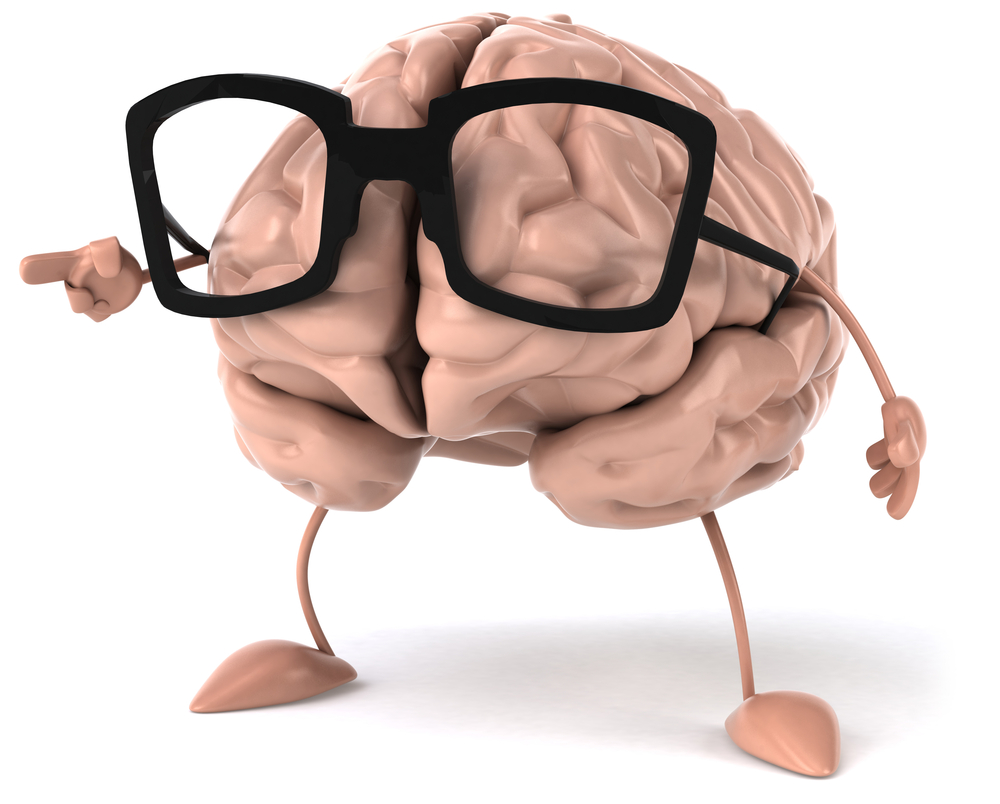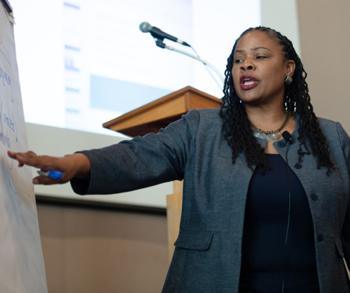
I know. You read the headline and thought, what the heck is this “kidney-based” learning? Kidney-based learning. It sounds silly. Well, I think the term “brain-based” learning” sounds just as silly. Come on. All learning takes place in the brain, right? There is no “toe-based” learning or teaching.
Yet, I hear this phrase “brain-based learning” all the time when I’m talking with teachers in urban schools with large numbers of students performing below grade level about getting students ready to take on rigorous.
It drives me bananas.
It just points out how little we educators know about applied learning theory—that’s a fancy way to say how learning happens inside our heads. I remember my own teacher-training program.
I was required to take only one Ed Psych class that barely mentioned the purpose and application of learning theory to instruction. Instead, we learned who Piaget was, why Pavlov’s dogs drooled so much, and how B.F. Skinner got his rats to run through the maze. I do not remember one practical lecture or activity that helped apply that information to classroom practice.
Learning is our Business
I think we each need to make it our personal business as educators to understand the basics of applied learning theory and not rely on fads and gimmicks like “brain-based” teaching or learning strategies to help urban students become more effective and independent learners.
In 2003 when the National Academy of Science published How People Learn, I was jazzed. They broke it all down without ever calling it “brain-based learning”. The geek in me gobbled it up. Of course I thought that report would change the status quo and now all educators – principals, teachers and curriculum developers — would take this report (that sucker is thick; its an understatement to call it a report) and disseminate it far and wide for everyday consumption.
It didn’t happen.
Well, fast forward a decade or so and we find ourselves right where we are. Teachers are coming through alternative teacher certification programs aimed at urban schools at a record pace, such as Teach Here or Project Pipeline (now Fortune School). Take Teach for America for example. TFA puts its new corps members through an intense, eight week “institute” that is supposed to cover critical things such as lesson planning, classroom management, reading development, and the like; in eight weeks, there’s little time for understanding applied learning theory. I am certainly not hating on TFA. I’m just sayin’.
So what to do? Well, summer time is learning time for us. Why not slip some learning theory reading in with the trashy novel?
Here are some good books that make learning theory very accessible and relevant. No abstract, academic-speak here. Each one takes a slightly different look at how learning happens, but all provide practical background knowledge.
Summer Reading List
How People Learn – (full report free in PDF on the internet)
The Art of the Changing Brain by Dr. James Zull
The New Science of Learning (DVD) PBS
The Pedagogy of Confidence: Inspiring High Intellectual Performance in Urban Schools by Yvette Jackson
The Architecture of Learning: Designing Instruction for the Learning Brain by Kevin D. Washburn
Why Don’t Students Like School? by Dan Willingham
Making Learning Whole: How Seven Principles of Teaching Can Transform Education by David Perkins
All Kinds of Minds by Dr. Mel Levine, M.D.
Intellectual Character : What It Is and Why It Matters by Ron Ritchhart
So, what’s on your reading list this summer? Leave a comment and share.

